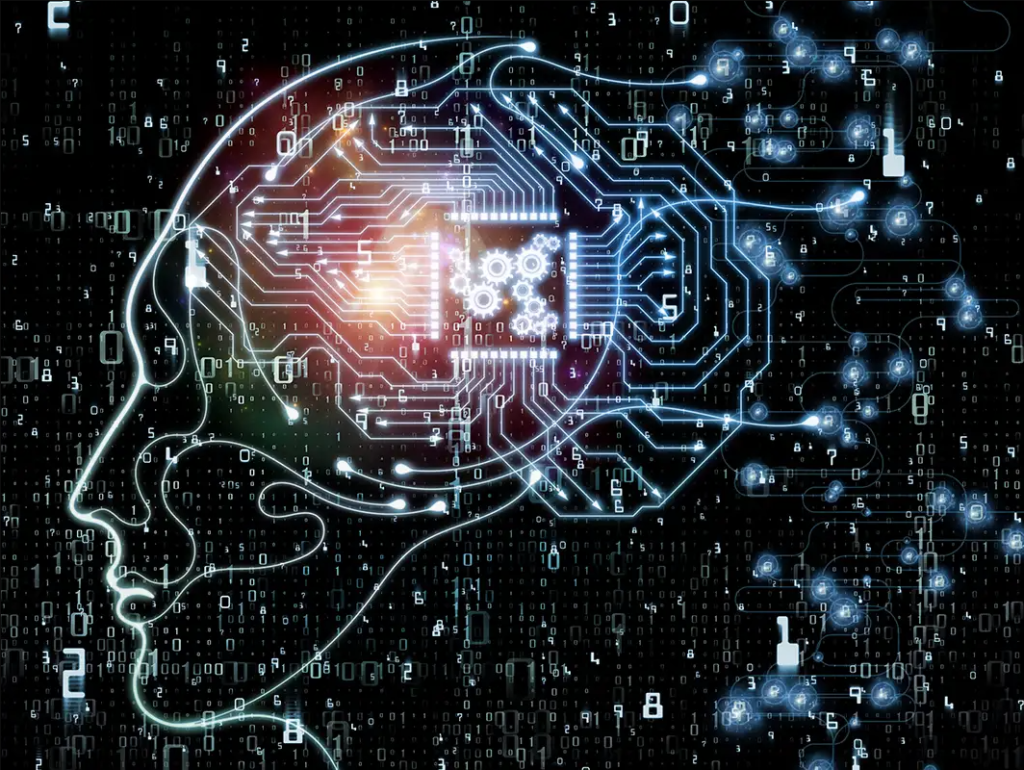Deep learning neural networks are capable of a wide range of activities, from teaching robots to better understand their surroundings to medical applications like assisting dermatologists in the diagnosis of skin cancer. Could one of them be mind-reading?
People at Carnegie Mellon University undoubtedly believe this, and their beliefs are supported by research. A system that can purportedly discern complicated thoughts based on brain scans and may even interpret full phrases is what CMU researchers have been working on.
This required collecting data from an fMRI device and utilizing AI machine learning algorithms to identify—and occasionally reverse-engineer—the building blocks the brain employs to create complex thoughts.

“One of the great advances of the human brain was the ability to combine individual concepts into complex thoughts, to think not just of ‘bananas,’ but ‘I like to eat bananas in the evening with my friends,'” said lead author and psychology professor Marcel Just in a press release. “We have finally developed a method to see complex thoughts in the fMRI signal.” The discovery of this correspondence between thoughts and brain activation patterns reveals the components of thoughts.”
The CMU team was able to demonstrate different brain activations being triggered by 240 complex events, ranging from individuals and settings to different types of social interaction or physical actions, in their study. The team could use the smart algorithm to determine what was being thought about at any given time — and even the order of a specific sentence.

The researchers were able to predict the final sentence based solely on brain data after training the algorithm on 239 of the 240 sentences and their corresponding brain scans. It was able to do this with an impressive 87 percent accuracy, as well as the opposite: given sentence information, it produced an accurate image of how the brain would be activated during that sentence.
This, we’re guessing, does not bode well for our eventual confrontation with Skynet!
A paper describing the work, titled “Predicting the Brain Activation Pattern Associated With the Propositional Content of a Sentence,” is published in the new issue of the journal Human Brain Mapping.

